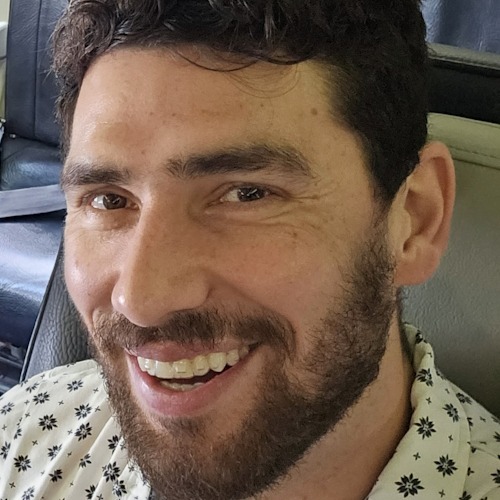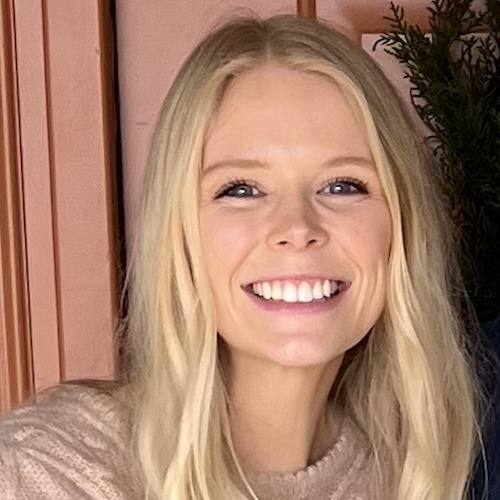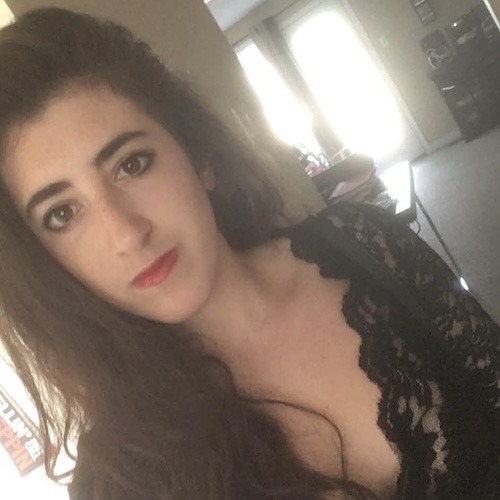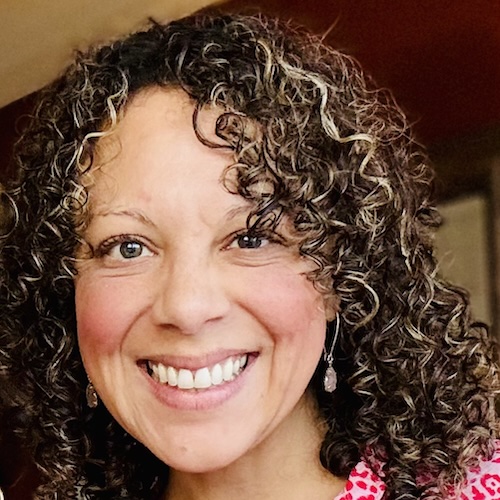Capecitabine (Xeloda) Side Effects & Patient Stories
What Is Capecitabine (Xeloda)?
Capecitabine (Xeloda) belongs to the class of chemotherapy drugs and is used in the treatment of various cancer types including breast cancer, colorectal cancer, and others.
Explore below for more on what capecitabine is, its mechanism of action, what you may encounter after taking it, and reading our patient stories detailing their experiences with capecitabine (Xeloda) and its side effects.
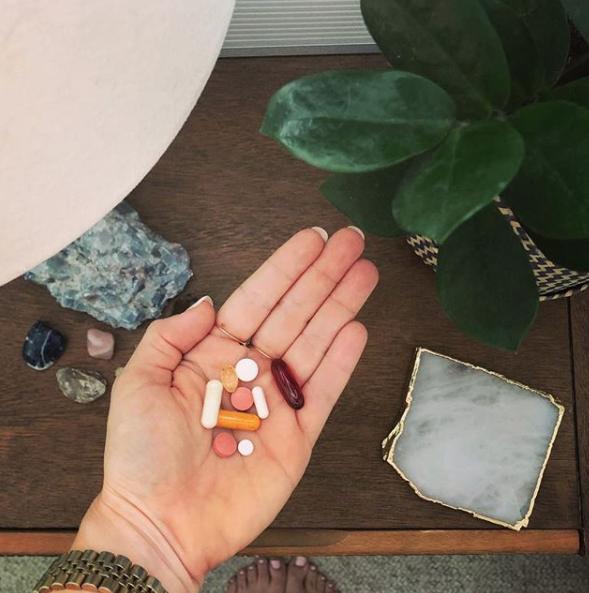
What is the Capecitabine Mechanism of Action?
Also known as an antimetabolite or cytotoxic treatment, capecitabine is taken as an oral pill. As the term anti-metabolite suggests, capecitabine fights cancer by interrupting the the process of metabolism in cells.
How to Take Capecitabine
Patients are usually instructed to take capecitabine pills orally twice a day, once in the morning and once at night. The cycle is typically three weeks long, with the daily pills taken for the first two weeks before a one-week “break.”
Most importantly, always follow your doctor or pharmacist’s instructions about dosage.
What to Expect After Capecitabine Treatment
If you or a loved one wants to prepare and learn about side effects of capecitabine, many patients often receive the drug in combination with other chemo drugs. Some of the most commonly reported side effects include, but are not limited to:
- appetite loss
- gastrointestinal problems, including upset stomach and constipation
- fatigue
- weakness
- headaches
- changes in taste
- hair loss
Capecitabine Patient Experiences
Here’s what cancer patients in our TPS community had to say about their experiences with capecitabine:
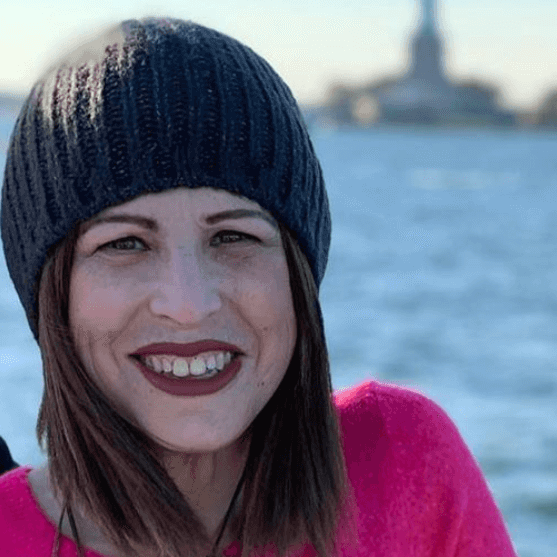
It was called Xeloda. It was regimented. It was quite a long time ago but I think I took it once a day and I took it throughout the whole time I was doing my radiation. They might have ended it a week earlier than the radiation because of the side effects I was having.
My neuropathy got quite bad. Nausea was really bad. You go in often to see your doctors, to see if you need to continue on, to see if the side effects and quality of how you’re living are worse.
At that point, while I had been diagnosed and started my chemotherapy and radiation, I was gradually losing a lot of weight.
In order to really do well during any sort of cancer treatment, you have to have some weight on you to be able to fight the effects of all the drugs that you’re having to take.
Sometimes it’s hard to lessen side effects. They can give you medicine for some of the side effects, but then there are side effects to those side effects. So trying to figure out what worked best for me.
Gloves to help me with the cold and hot sensitivity, I was taking anti-nausea meds, meds to help me sleep because sleep would help. It was one day at a time.
Allison R.(Colorectal Cancer, Stage 2C)
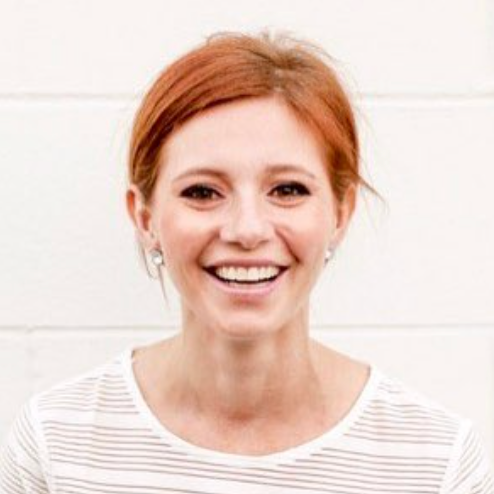
So during that time, I would go off for treatment and she had offered to do a maintenance chemo. There’s a chemo pill called Xeloda and you take it orally.
Typically someone that has been diagnosed at my stage and with this cancer, even when you’re not doing the major chemo, if things are going good, they do what they call maintenance chemo.
You just consistently stay on chemotherapy, but for me, again, I’m someone who needs a balance and I was like, I’m gonna take a break.
I’m sorry, as much as chemotherapy helps, it’s killing everything. Like it kills the cancer cells, but it’s also doing damage to everything else in your body. I just felt like I needed to take a full break from that but I always did really well.
I got seven months out of the second time before the same thing. Tumors came back and then I’d go back on the chemo. And again.
But then this last time that it had come back, I decided maybe we could try because there is a treatment where you can do the Xeloda pills with the Oxaliplatin, so instead of bringing home a pump, I would just come home and take a pill and replace the pump.
That really wiped me out. I had never experienced chemo like that where I couldn’t get out of bed and I was just like, I can’t do this, like I have two kids. I need to be able to function and so we ended up switching back to the FOLFOX.
Lindsay D. (Metastatic Colon Cancer, Stage 4, Relapse)
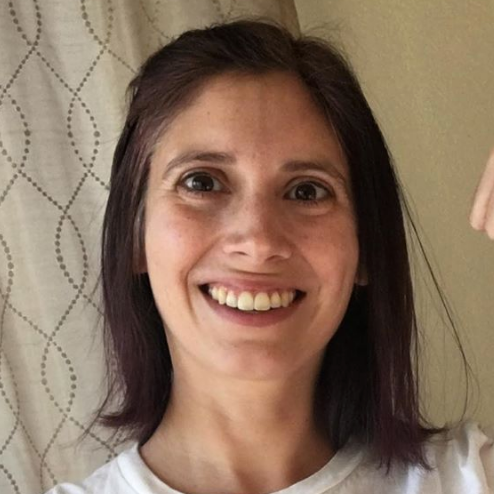
I was on Xeloda. I was taking that on days I went in for radiation in the morning and afternoon. The tricky part is I don’t know how much of my side effects were from radiation and how much were from chemo.
Obviously, the burning and pain in the rectal area was from radiation. I don’t know if the fatigue and nausea I had was radiation or chemo though. I didn’t have terrible nausea, but towards the end, I lost my appetite some. Taking the anti-nausea pills helped quite a bit.
I took 12 weeks off after the first five weeks of treatment to let the tumor keep shrinking and to let my body heal. The surgeon wanted to let the chemo and radiation do as much as they could before surgery as well as let me rest.
Jelena T. (Rectal Cancer, Stage 3A)

I was on oxaliplatin which was my infusion. I started on one regimen, FOLFOX, then went to capecitabine. This was a while ago and chemo does a number on your brain. I believe I went every two weeks for my infusions. I had 12 rounds of infusions – six months, every two weeks. I would only go in for one infusion for several hours.
I had to do seven days of an oral pill and they were horrible. Everything was horrible. I hated chemo. I thought I had delusional expectations. I had seen people who had lost their hair in other treatments do yoga, SoulCycle, and I couldn’t even drive a car.
Neuropathy in my fingers, you had this thing with shards of glass when you drink something. It’s the worst. You drink something and then you feel the shards of glass. It’s the worst. I actually don’t drink cold water anymore. I don’t like cold anything.
I remember I tried going for a walk with my friend and it was two days after my chemo treatments. I could feel like there was something in my body, almost like the neuropathy you have in your fingers but it was all through my thighs, legs, my whole body. It was like the poison was going everywhere. My body felt so gross.
Toward the end I couldn’t string two thoughts together. I couldn’t drive a car. I couldn’t focus after my infusion.
I could walk. I did a lot of walking through my chemo. There’s no bad weather, only bad clothing. I walked in the snow. It was my healing. It was my therapy. It was my everything.
Everybody would ask me, ‘Can we drop a casserole off? What can we do?’ I said if you want to help me, I walk twice a day. People would come over once after drop-off and another time in the afternoon and I’d go through these long walks. I got a Fitbit. I did a ton of stuff.
It was the only time that I felt like I was playing an active role in my recovery. It helped me in my mind.
Barbara M. (Colon Cancer, Stage 3)
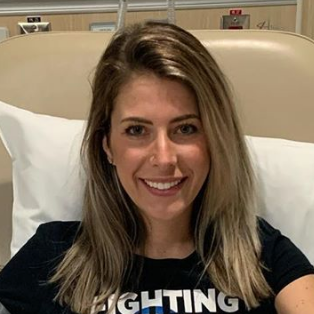
I started chemo and radiation on the same day, July 8th. It was oral chemo, so it made it a little easier.
The reasoning behind doing chemotherapy at the same time is it makes you more sensitive to the radiation, so I took Xeloda twice a day every day for those same five weeks.
I think the side effects I had were mostly from radiation. I physically tolerated it really well, but towards the end I got extreme fatigue and diarrhea.
The fatigue was hard because I’ve never experienced something like that before. I just needed to lay down a lot.
Otherwise, physically, I handled it really well. I had a small burn on my tailbone, but that was manageable, and it healed really well.
I filled a prescription for whatever it was they recommended, but it really just healed on its own. It felt more like a sunburn than anything else.
Catherine P. (Rectal Cancer, Adenocarcinoma, Stage 3)
All Capecitabine Patient Stories
Sarah G., Rectal Cancer, Stage 2A
Symptom: Minor and inconsistent rectal bleeding
Treatments: Surgery (low anterior resection or LAR), chemotherapy (FOLFOX)
John R., Small Bowel Cancer, Stage 2 (High-Risk), SMAD4 Mutation
Symptoms: Severe abdominal pain, especially after eating, vomiting, significant weight loss (about 40 pounds), inability to tolerate solid food, requiring a liquid-only diet
Treatments: Surgeries (small bowel resection, lymphadenectomy), chemotherapy (CAPOX)
Anna M., Diffuse Large B-Cell Lymphoma (DLBCL), Stage 4
Symptom: a rRapidly growing, painless lump on the breast
Treatment: Chemotherapy
Maria F., Kidney Cancer (Wilms Tumor)
Symptom: Back pain
Treatments: Surgery (nephrectomy), chemotherapy, radiation
Nicole F., DCIS, Stage 1
Symptom: Appearance of a lump in the right breast
Treatments: Surgery (lumpectomy), chemotherapy, cold caps, radiation therapy, hormone therapy (tamoxifen)

